Words: Theo Thompson, Images: Khali Ackford
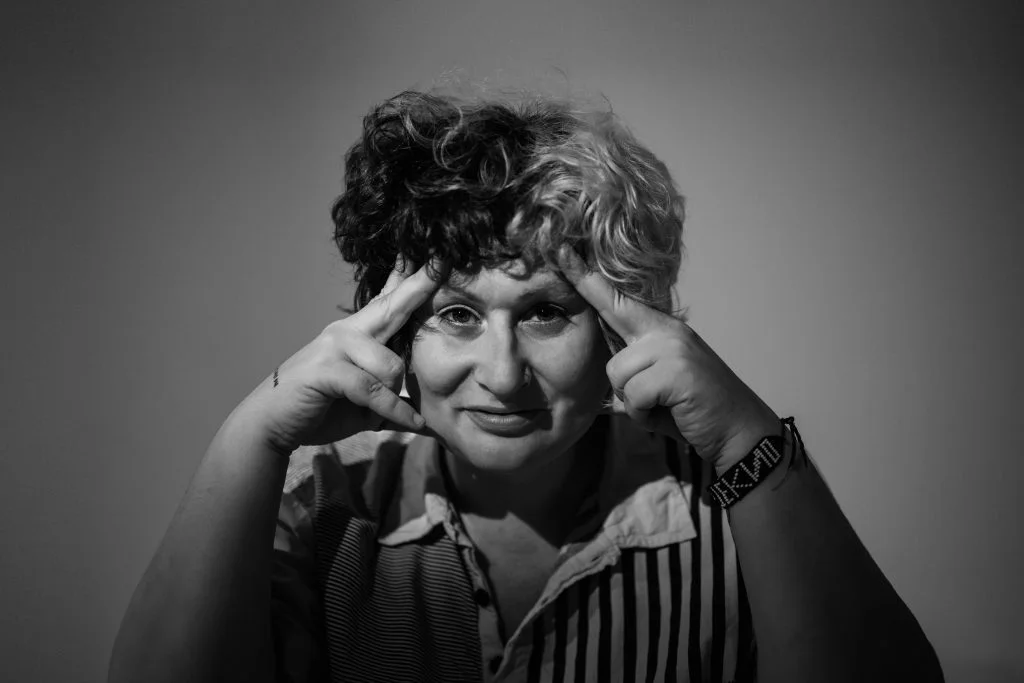
There is a certain electricity in the way Mandidextrous speaks; measured but fierce, articulate yet emotionally raw. It’s the kind of presence you don’t forget, pulsing with the same energy that drives their trailblazing fusion of jungle and techno into something new entirely. From their first Soundcloud upload of ‘ITS JUNGLETEKNO YOU HORSEKLART!’ to running both Amen4Tekno Records and Speedbass Recordings, Mandidextrous has been carving their own lane for over two decades; refusing the rules, rejecting the spotlight and reimagining rave culture from the dancefloor up.
“Everything I’ve ever made came from a desire to hear something that didn’t exist,” Mandi told me. “So I built it.”
Their journey began not in boardrooms or music schools, but deep in the thudding heart of free parties and squat raves across the UK in the late '90s. Back then, Mandi was a teenager navigating homelessness, gender dysphoria and the unrelenting noise of not fitting in. What they found in music, particularly that of acid techno and jungle, wasn’t just sound. It was survival.

“It was dark, but it was happy. All the good things I wanted to hear in one place.” In these liminal spaces: woodland clearings, empty warehouses, rural fields, they honed their sound – jungle breaks over pounding 4/4 techno. “The real shit comes from the dirty, smelly, squat swamps of London and the crusty raves in the fields.” First came Amen4Tekno, a home for their rugged Jungletek hybrids. Later, they founded Speedbass Recordings, the next evolution of their sonic vision. Fast. Frenetic. Fearless.
But while their tracks began reverberating beyond raves, onto global stages and sold-out festival sets, Mandidextrous never abandoned their ethos. For them, success isn’t defined by streams or followers. It’s about community, integrity and a fierce commitment to opening doors for others.
“I’ve always struggled with authority. I’ve always wanted to work for myself and for the people around me.”
Whether they’re headlining at Colour Factory or curating the Spectrum 360 stage at Boomtown, a festival with its finger on the pulse in numerous area particular dedicated to queer, global and underrepresented talent, Mandi insists on booking artists not for their hype, but for their skill.
“I’ll book one or two headliners, max. The rest? People who are genuinely good, not just visible.” That visibility, the kind propelled by TikTok algorithms and viral Splice loops, is one of Mandi’s sharpest critiques of the current scene.
“You’ve got people being plucked and put on a pedestal for absolutely no reason,” they said, shaking their head. “Some of them can’t even DJ.”
This is not said with bitterness but with urgency. Because when clout replaces craft, the scene suffers. When social media becomes the metric of value, genuine innovation and inclusion get lost in the noise.
“It used to be about being good. Now it’s about being seen, social media is the bane of my life.”
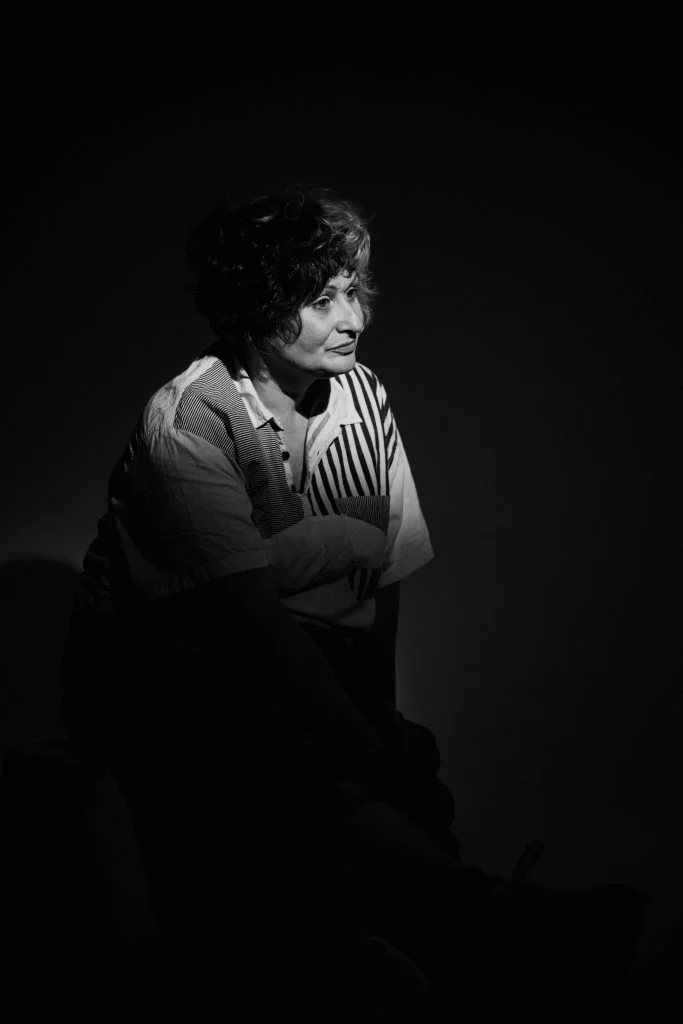
However, Mandidextrous continues to move forward with unwavering determination. Despite experiencing burnout and ongoing mental health challenges, they remain a powerful and visible presence both on stage and within the wider music community. Their music transcends the structure of a setlist; it serves as a deeply personal chronicle of their mind, body and lived experience.
“My music has always guided my depression and how I feel about myself. I think my emotions and the problems that I have in my life very much get reflected into my music and steer my ship, you know?”
Techno rooms, Mandi tells me, offered something Jungle and Drum & Bass didn’t: freedom. While the DnB rooms often carried judgment, coded masculinity and side-eyes, techno granted liberation. It let them breathe.
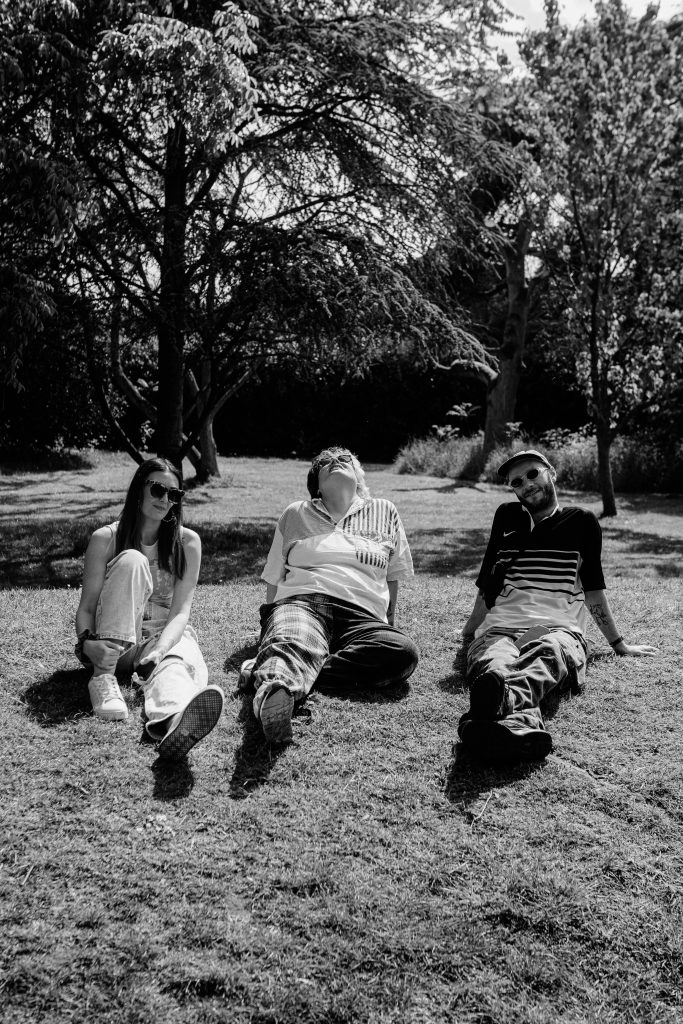
“In the DnB room, you’d feel cutting eyes. In the techno room? No one would judge you. It felt like sanctuary.”
This idea of the dancefloor as refuge is at the core of everything Mandi does. Their sets are emotionally charged, intentionally crafted and refreshingly unpredictable. It is unsurprising that they are among the few contemporary DJs who not only produce the majority of their own tracks, but also develop entire genres to give those works a fitting sonic home.
That spirit is alive and kicking in their latest release, ‘Phone Call Riddim’; a high-energy collaboration with Samurai Breaks featuring the luminous vocals of Leanne Louise. Released via Speedbass Recordings, the track is a genre-bending summer anthem, rich with breakbeats, rave stabs and soulful hooks. It’s bold, bouncy and unmistakably Mandidextrous.
“I wanted to recreate those euphoric dancefloor moments with a new sound,” Mandi said. “Speedbass revitalised me, it made me fall in love with music all over again.” This is also a testament to what underground can be when it's done right: community-driven, diverse and full of joyful risk. For every cookie cutter festival lineup, Mandi points to grassroots events like Rosa Festival where real innovation happens.
“You go to a grassroots event and they do it properly. But the commercial world? They don’t know what the fuck they’re doing.”
Despite the frustrations, Mandi’s hope for the future is unwavering. They envision a scene where diversity isn’t performative, where queer and FLINTA DJs aren’t booked to fill a quota and where emotional well-being is part of the conversation, not a taboo. “The industry doesn’t prepare you for the emotional side of success,” they said. “We need more honest conversations in dance music; about burnout, gender, joy and everything in between.”
Yet through it all, Mandidextrous remains committed to lifting others up. Whether it’s finding undiscovered talent in German warehouses or nurturing the UK’s next gen, they believe in the long game: creativity over celebrity, education over ego. “If I like your sound, that’s enough. You don’t need a million views. Just do something real.”
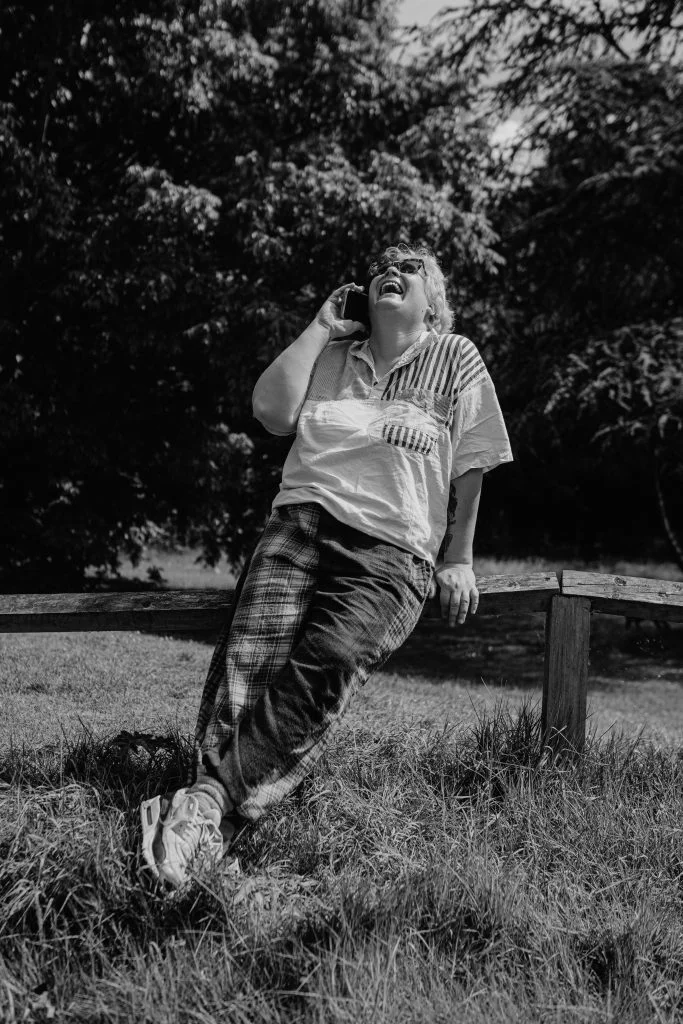
As our conversation drew to a close, we returned to the figure of Mandidextrous’s younger self; the teenager lost in the haze of early rave nights, uncertain about the future and quietly battling questions of gender, identity and belonging. “If I were my younger self right now, looking at me as I am now,” they reflected, “I think I'd find it pretty exciting and overwhelming… I don’t think I ever thought I’d be able to do what I do.”
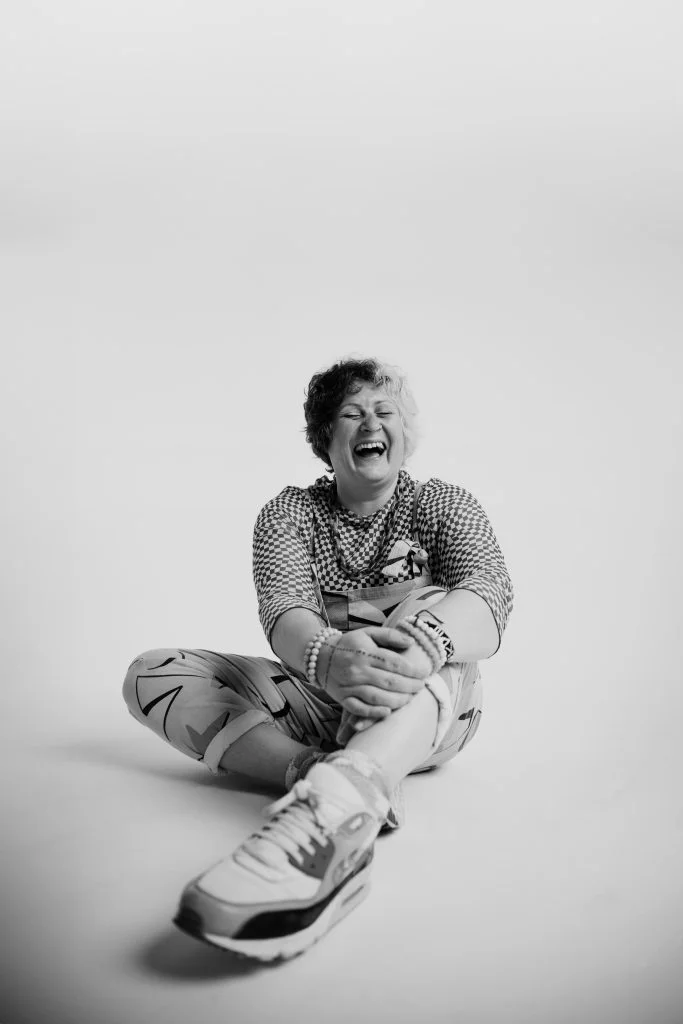
That reflection lingers. What would once have felt impossible, a life built through music, happiness and self-expression is now their reality. Mandidextrous doesn’t measure success in money or fame. “I pay my way… but essentially what I do the most is I just enjoy my life and I have fun and I share love.”
And that, ultimately, is the magic of Mandidextrous. Not only their sonic innovation or high octane energy, but their unwavering dedication to the underground’s core promise: freedom, joy and a sense of belonging louder than any bassline.

